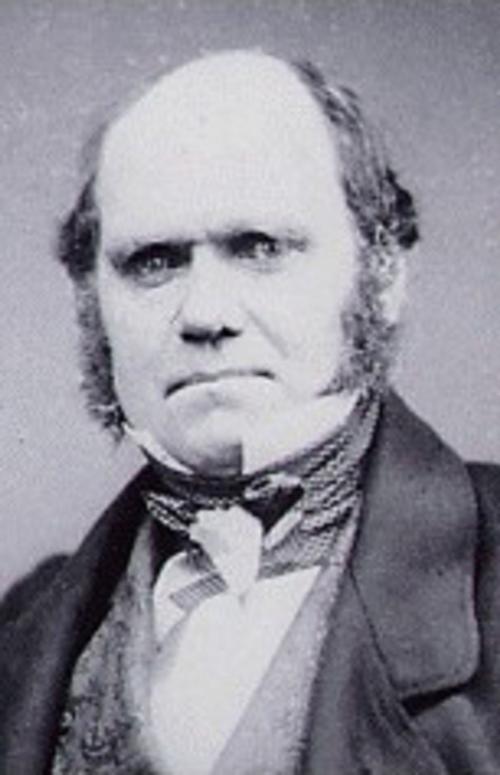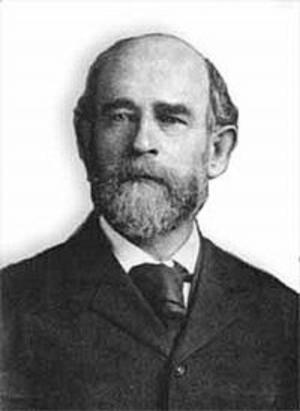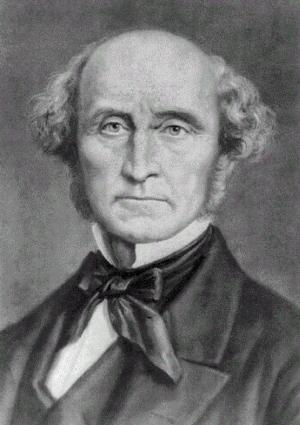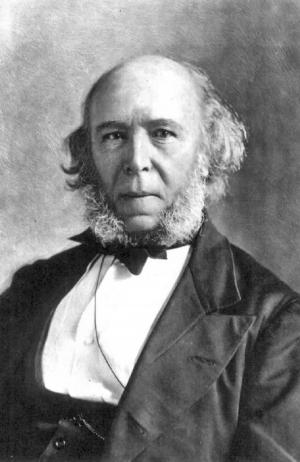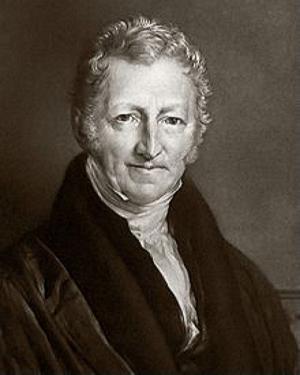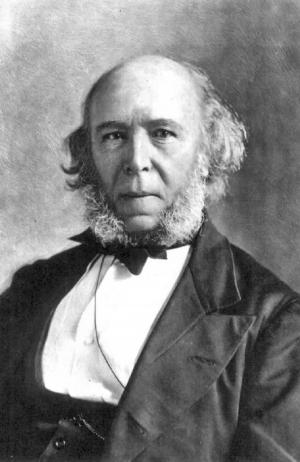Geological Observations on Volcanic Islands (Illustrated and Bundled with The Autobiography of Charles Darwin)
Business & Finance, Economics, Macroeconomics, Theory of Economics| Author: | Charles Darwin | ISBN: | 1230000270459 |
| Publisher: | AS Team | Publication: | September 25, 2014 |
| Imprint: | Language: | English |
| Author: | Charles Darwin |
| ISBN: | 1230000270459 |
| Publisher: | AS Team |
| Publication: | September 25, 2014 |
| Imprint: | |
| Language: | English |
This book has an active table of contents to access each chapter of the following titles:
1. Geological Observations on Volcanic Islands - Charles Darwin
2. The Autobiography of Charles Darwin - Charles Darwin
The most well-known work An Essay on the Principle of Population was published by Malthus in 1798. Malthus argued that increases in population would eventually diminish the ability of the world to feed itself and based this conclusion on the thesis that populations expand in such a way as to overtake the development of sufficient land for crops. The theory of natural selection by Charles Darwin and his book ON THE ORIGIN OF SPECIES was influenced by Malthus' analysis of population growth. Malthus was often misinterpreted, but his views became popular again in the 20th century with the advent of Keynesian economics.
The preparation of the series of works published under the general title Geology of the Voyage of the Beagle occupied a great part of Darwin's time during the ten years that followed his return to England. The second volume of the series, entitled Geological Observations on Volcanic Islands, with Brief Notices on the Geology of Australia and the Cape of Good Hope," made its appearance in 1844. The materials for this volume were collected in part during the outward voyage, when the "Beagle" called at St. Jago in the Cape de Verde Islands, and St. Paul's Rocks, and at Fernando Noronha, but mainly during the homeward cruise; then it was that the Galapagos Islands were surveyed, the Low Archipelago passed through, and Tahiti visited; after making calls at the Bay of Islands, in New Zealand, and also at Sydney, Hobart Town and King George's Sound in Australia, the "Beagle" sailed across the Indian Ocean to the little group of the Keeling or Cocos Islands, which Darwin has rendered famous by his observations, and thence to Mauritius; calling at the Cape of Good Hope on her way, the ship then proceeded successively to St. Helena and Ascension, and revisited the Cape de Verde Islands before finally reaching England.
Darwin later published the book On the Origin of Species in his 1859 and successfully unified the theory of the life sciences and social science by explaining the diversity of life. After its publication, the book not only sent an unmatched impact to Biology but also to economy and social science.
Today, the scientific community and much of the general public have accepted evolution as a fact. Darwin’s scientific discovery had influenced many later economists including Herbert Spencer and Thorstein Veblen in many ways.
Darwinian evolutionism is one of important intellectual strands that run through many works of later economists. The elements such as natural selection, the struggle for existence, and the survival of the fittest in Darwinism tells us that individuals have little or no control over the forces of change.
This book is for the readers who are interested in analyses of an economic system from an evolution approach and the deepest thoughts of human evolution process by Charles Darwin, one of the greatest thinkers on the planet. It is also for the readers who are interested in studying the background that Darwin wrote his greatest work On the Origin of Species.
This book has an active table of contents to access each chapter of the following titles:
1. Geological Observations on Volcanic Islands - Charles Darwin
2. The Autobiography of Charles Darwin - Charles Darwin
The most well-known work An Essay on the Principle of Population was published by Malthus in 1798. Malthus argued that increases in population would eventually diminish the ability of the world to feed itself and based this conclusion on the thesis that populations expand in such a way as to overtake the development of sufficient land for crops. The theory of natural selection by Charles Darwin and his book ON THE ORIGIN OF SPECIES was influenced by Malthus' analysis of population growth. Malthus was often misinterpreted, but his views became popular again in the 20th century with the advent of Keynesian economics.
The preparation of the series of works published under the general title Geology of the Voyage of the Beagle occupied a great part of Darwin's time during the ten years that followed his return to England. The second volume of the series, entitled Geological Observations on Volcanic Islands, with Brief Notices on the Geology of Australia and the Cape of Good Hope," made its appearance in 1844. The materials for this volume were collected in part during the outward voyage, when the "Beagle" called at St. Jago in the Cape de Verde Islands, and St. Paul's Rocks, and at Fernando Noronha, but mainly during the homeward cruise; then it was that the Galapagos Islands were surveyed, the Low Archipelago passed through, and Tahiti visited; after making calls at the Bay of Islands, in New Zealand, and also at Sydney, Hobart Town and King George's Sound in Australia, the "Beagle" sailed across the Indian Ocean to the little group of the Keeling or Cocos Islands, which Darwin has rendered famous by his observations, and thence to Mauritius; calling at the Cape of Good Hope on her way, the ship then proceeded successively to St. Helena and Ascension, and revisited the Cape de Verde Islands before finally reaching England.
Darwin later published the book On the Origin of Species in his 1859 and successfully unified the theory of the life sciences and social science by explaining the diversity of life. After its publication, the book not only sent an unmatched impact to Biology but also to economy and social science.
Today, the scientific community and much of the general public have accepted evolution as a fact. Darwin’s scientific discovery had influenced many later economists including Herbert Spencer and Thorstein Veblen in many ways.
Darwinian evolutionism is one of important intellectual strands that run through many works of later economists. The elements such as natural selection, the struggle for existence, and the survival of the fittest in Darwinism tells us that individuals have little or no control over the forces of change.
This book is for the readers who are interested in analyses of an economic system from an evolution approach and the deepest thoughts of human evolution process by Charles Darwin, one of the greatest thinkers on the planet. It is also for the readers who are interested in studying the background that Darwin wrote his greatest work On the Origin of Species.
